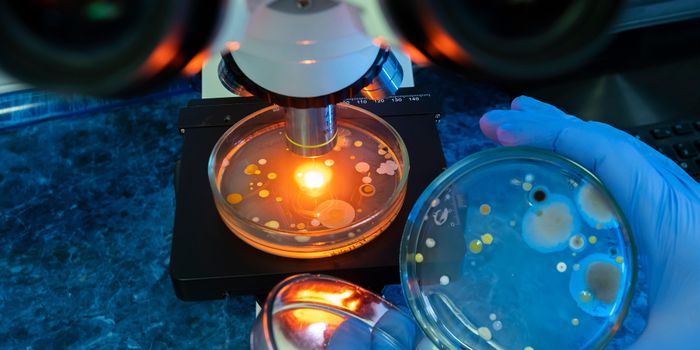
Researchers have found a chain of reactions within nerve cells that signal pain related to inflammation. Developing drugs to curb this pathway could help people affected by chronic inflammatory pain.
An estimated 20 percent of the world suffers from chronic pain. The majority of chronic pain cases are due to inflammation. Yet, there is not adequate pain relief for inflammatory pain. Chronic inflammatory pain is caused by tissue injury, trauma, and diseases, such as arthritis.
Jen Chen, of the Fourth Military Medical University and Institute for Biomedical Sciences of Pain in Beijing, led a group of researchers for this study. They wondered whether the molecule Rac1 is involved in chronic inflammatory pain.
Previous research found that Rac1 is pivotal for several cellular processes, such as gene transcription, cell cycle progression, and cellular survival and death. It is additionally involved in the regulation of neuronal development, survival, and degeneration. Recently, researchers proved Rac1 was involved in the development of neuropathic pain.
The scientists injected rat paws with bee venom to cause inflammation. The researchers gave a group of rodents a molecule (NSC23766) that inhibits Rac1 both before or after the bee venom injection. In the rats without the NSC23766, the injected bee venom activated Rac1 and set off a chain of reactions involved in pain perception. In the rats with NSC23766, the rats experienced reduced paw flinches and pain hypersensitivity.
"We found that Rac1 can be activated in chronic inflammatory pain, and drugs that curb this reaction can relieve pain, offering the promise of new drugs for pain treatment in the clinic," Chen said.
The findings were published on February 10 in the
British Journal of Pharmacology.
Sources:
"Involvement of Rac1 signaling pathway in the development and maintenance of acute inflammatory pain induced by bee venom injection” via British Journal of Pharmacology,
Wiley press release via EurekAlert!









